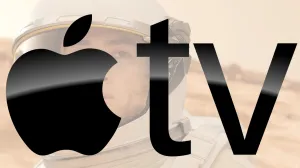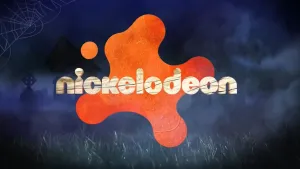In the latest chapter in their ongoing feud, it looks like YouTube might leave Roku altogether next month, pulling their app from Roku devices. Roku says that Google, who owns YouTube, is demanding terms they call “anti-competitive,” such as asking Roku to provide search data and other user information that Roku claims Google doesn’t demand from other platforms. Google calls those claims baseless, and the two can’t seem to find a common ground. If nothing changes, the YouTube app will stop being distributed by Roku in December, and will no longer be distributed on new apps. Current users will likely still be able to use it.
Videos by ComicBook.com
The two digital video juggernauts previously failed to come to a deal on the YouTube TV app, pushing the service off Roku. Subscribers can access it via the YouTube app with a little effort, through a feature Google introduced specifically to address the Roku conflict.
“Importantly, our concerns with Google are not about money,” Roku said in a blog post over the weekend. “We have not asked for a single change in the financial terms of our existing agreement. In fact, Roku does not earn a single dollar from YouTube’s ad supported video sharing service today, whereas Google makes hundreds of millions of dollars from the YouTube app on Roku.”
“Since our negotiations with Roku earlier this year, we’ve continued to work with them to find a resolution that benefits our mutual users,” a Google rep told Variety. “Roku has once again chosen to make unproductive and baseless claims rather than try to work constructively with us. Since we haven’t been able to continue our conversations in good faith, our partnership for all new Roku devices will unfortunately end on December 9. We are, however, giving Roku the ability to continue distributing both YouTube and YouTube TV apps to all existing users to make sure they are not impacted.”
U.S. Senator Amy Klobuchar, who serves as the chair of the Senate Judiciary Subcommittee on Competition Policy, Antitrust and Consumer Rights, teamed with U.S. Senator Chuck Grassley to craft the bipartisan American Innovation and Choice Online Act, which targets internet giants like Google, Facebook, and others for abusing their market dominance to engage in monopolistic or anticompetitive conduct. When the Roku blog post shared a portion of an email between Google and Roku executives which showed Google demanding a “separate shelf” for YouTube, keeping its information distinct from that of all the other Roku apps so that YouTube can better utilize it, it came to Klobuchar’s attention.
“Roku’s claim that Google requires the company to preference YouTube content over that of other providers in Roku’s search results highlights why we need new laws to prevent dominant digital platforms from abusing their power as gatekeepers,” Klobuchar said in a statement. “For too long, the big tech platforms have leveraged their power to preference their products and services over those of thousands of smaller online businesses. They have said ‘just trust us,’ but experience has shown that we can’t rely on these companies to act fairly in the marketplace.”
Roku doubled down on the claims that this isn’t just an ordinary business dispute, and that Google is engaging in anticompetitive behavior, when they updated the blog post to indicate that after reading the original post, Google had put a deadline of December 9 on their negotiations, after which the Google app will no longer be offered to new users. Roku called the timing “blatant retaliation and monopoly conduct,” and while they committed to continuing to work toward a deal, it’s difficult to imagine one coming together in a month after all that.
In other words, if you planned on getting a Roku for Grandma for the holidays, it might be a smart idea to get it now and pre-load those apps.








